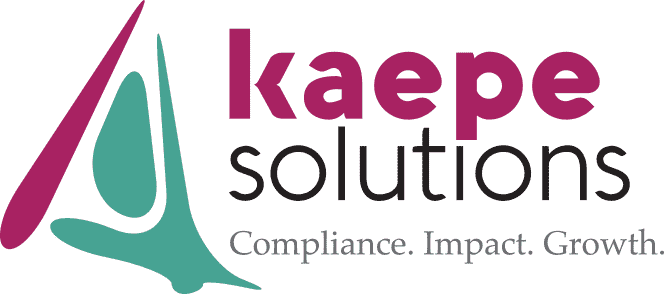Every organization seeks to protect itself from any negative; financial mismanagement, poor program implementation, poor staff performance. Standardizing systems and program support services, reviewing, monitoring and evaluating systems, taking steps to address gaps in the procedures, non-compliance and violations of the procedures are some of the ways that this is done. Still, despite best efforts, one of the most feared negatives does happen – fraud.
Fraud does not destroy an organization. When fraud happens it can be difficult to accept that a trusted employee breached the trust of the organization. How we deal with the issue determines how to organization will emerge; chastised, bruised, fatally wounded or better prepared to deal with future events.
Organizations need to acknowledge that fraud might occur at some time. You cannot manage what you have not acknowledged. Organizations must be prepared for the event and therefore must be able to recognize if the event is fraud or not. Not everything that looks like fraud is really fraud. Staff make innocent mistakes; policies and procedures are misunderstood; allegations are sometimes false and malicious or intended to cover the wrong doing of the informant.
Organizations must have a process for being able to identify what is truly fraud. Staff must be trained in how to recognize the indicators. Provisions must be in place for reporting possible fraud and following up on indicators and allegations. The follow-up process (investigations) must be fair and transparent.
Appropriate action must be taken to address instances of fraud that is supported by definitive evidence. Should every instance of fraud result in a conviction, such as the termination of staff? Some organizations take a “zero tolerance” approach to fraud based on the view that the donors require this or that it’s a good publicity approach to show that they are serious about safeguarding the resources enthrusted to the organization by the donors.
Other organizations take action based on the severity and circumstances of the fraud. Whatever the approach organizations do have the right to develop policies and procedures that are appropriate for the unique nature of that organization and how it operates.
